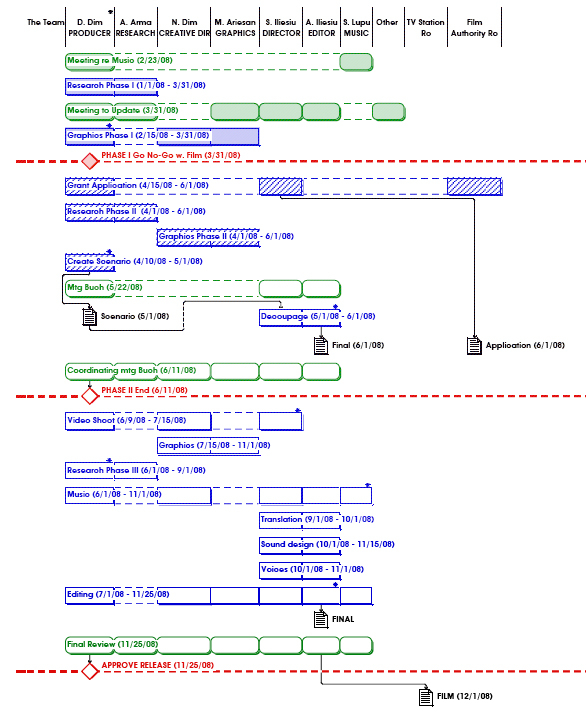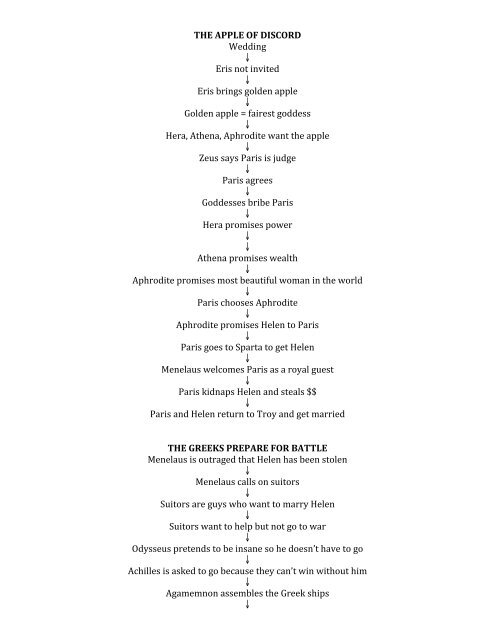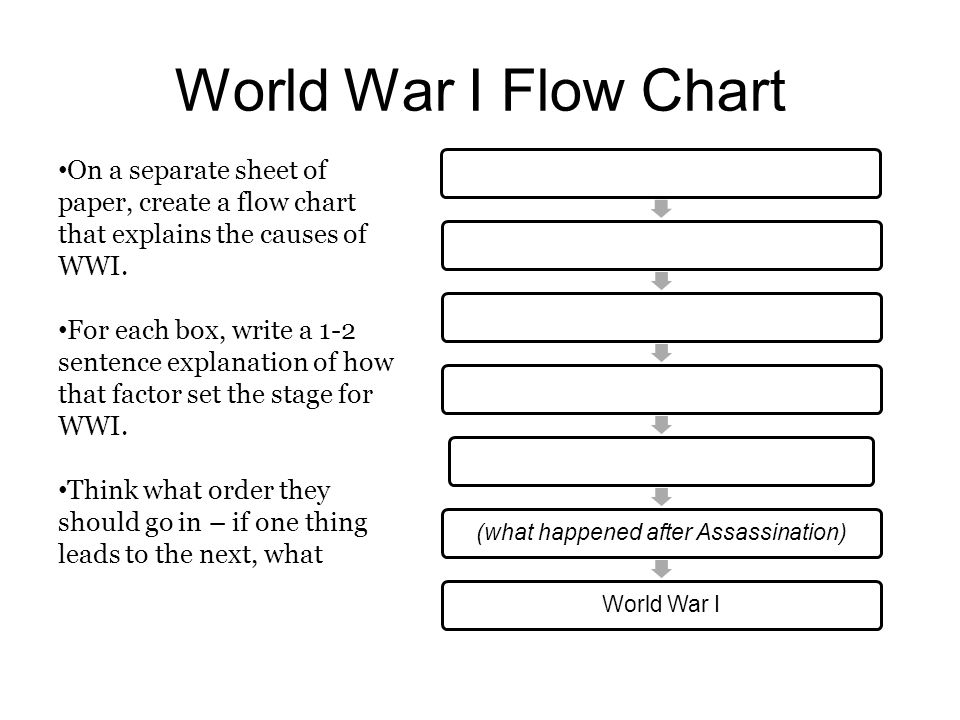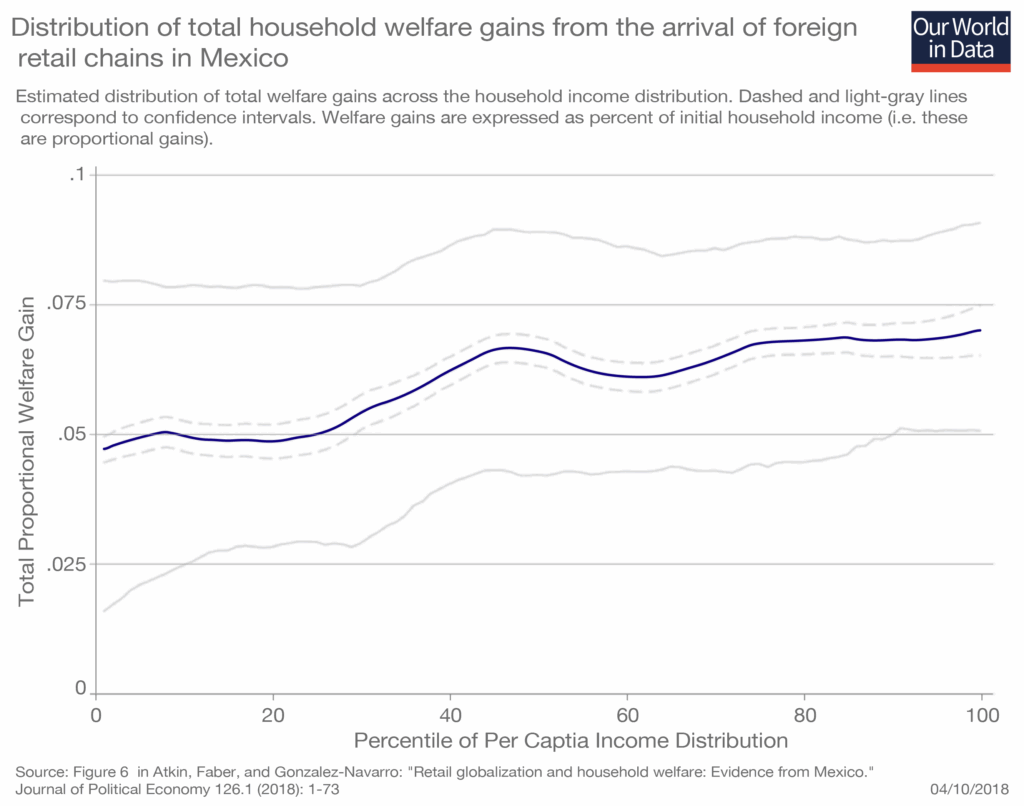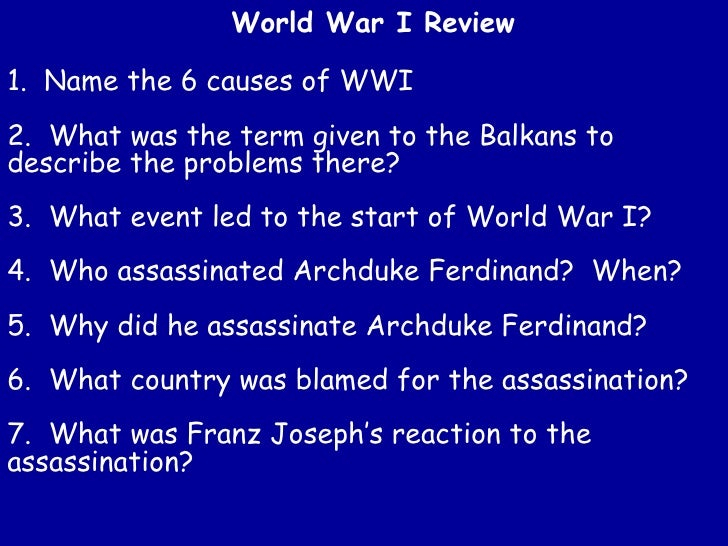World War 1, also known as the Great War, was a global conflict that lasted from 1914 to 1918. The war was triggered by a complex web of political, economic, and social factors. The main causes of World War 1 can be summarized in a flow chart:
Militarism: The major powers of Europe had been building up their armies and navies for decades, leading to increased tensions and competition for military dominance.
Flow Chart Of World War 1
Alliances: The formation of military alliances among European nations further escalated tensions and drew multiple countries into the conflict.
Imperialism: European powers were engaged in a race to expand their empires, leading to competition for territories and resources around the world.
Events of World War 1
Once World War 1 began, a series of events unfolded that shaped the course of the conflict. The flow chart below outlines the key events of World War 1:
Assassination of Archduke Franz Ferdinand: The assassination of Archduke Franz Ferdinand of Austria-Hungary by a Serbian nationalist in June 1914 triggered a chain of events that ultimately led to the outbreak of war.
Declaration of War: Following the assassination, Austria-Hungary declared war on Serbia, leading to a domino effect of declarations among the European powers.
Trench Warfare: The war quickly devolved into a brutal stalemate characterized by trench warfare on the Western Front, with millions of soldiers enduring horrific conditions.
By understanding the causes and events of World War 1 through a flow chart, we can gain a clearer perspective on the complexities of this historic conflict and its lasting impact on the world.
Download Flow Chart Of World War 1
World War 1 Flow Chart Ponasa
World War 1 Flow Chart Ponasa
World War 1 Flow Chart Ponasa
World War 1 Flow Chart Ponasa
